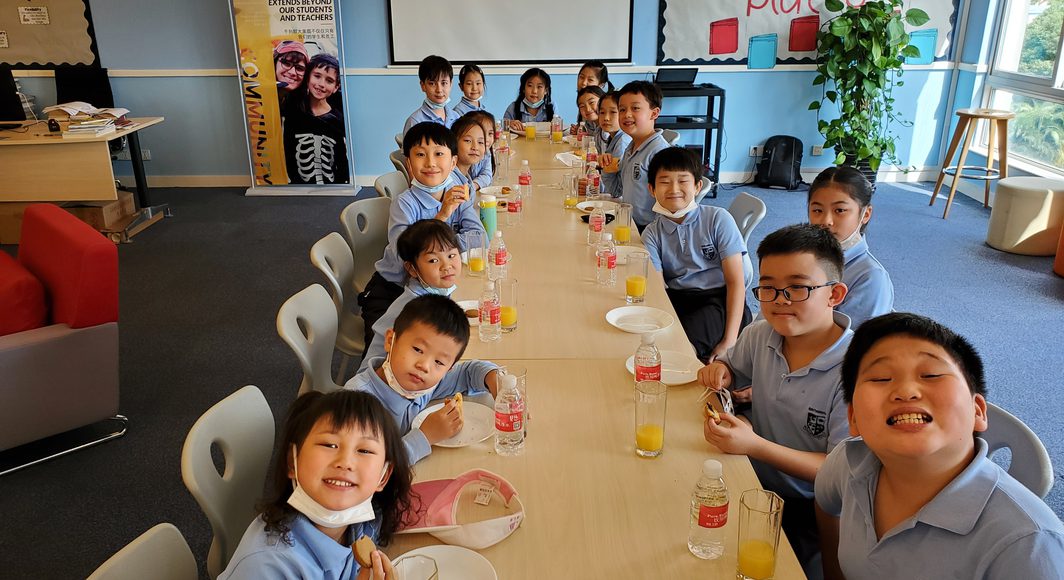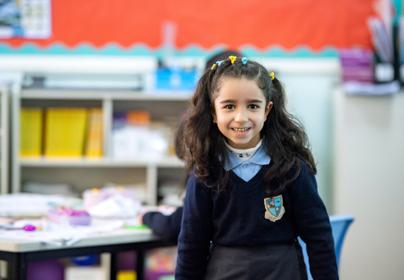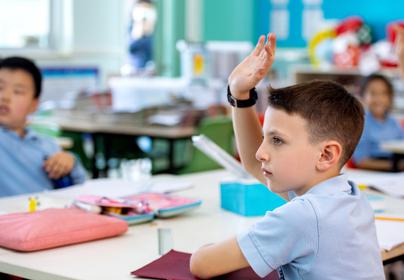This week marked the start of our EAL programme, native languages, internationalism and after school activities! Children across the school have been attending their native language class or internationalism lessons. Internationalism classes are an opportunity for the children to learn more about the world around them and what makes them a global citizen. This term Year 1 are learning about different songs from around the world, Year 2 about different stories, Year 3 different foods, Year 4 different festivals, Year 5 about identity and diversity and Year 6 different charities.
Also, this week – Year 1 have been learning all about the senses by tasting, smelling, touching, seeing and hearing. Unsurprisingly, the children definitely preferred the sweet taste over the sour! Year 2 have been busy expanding simple sentences using connectives and begun to plan their very own fables! In science, they explored the basic needs of animals and created posters detailing how to care for a pet.
Year 3 have been reading a wonderful story about Jimmy and the Pharaoh. From this story, they have been able to learn a lot of new words and have done well to incorporate them into their own writing. This has linked well to the Ancient Egyptian topic where they have been looking at the social structure and what these people’s lives were like. The students in Year 4 have been busy being Biome researchers! Each student has chosen a different biome to research to create their own non-chronological report. They have been finding out about the climate, where they can find them and what plants and animals live there.
Year 5 have continued exploring news articles, whilst creating their own twist to what really happened in the fairy-tale ‘The 3 Little Pigs’……It seems from the investigations in Year 5 this week that the 3 Little Pigs were not quite so innocent after all!
Year 6 have been demonstrating a sound understanding in Place Value and Addition/Subtraction of Decimals. Students had the opportunity to apply this learning to a multitude of real life problems; they went on a virtual shopping trip and had to work out how much change they would receive after they had bought all the items on their shopping list. Students then had to create a shopping list where they would maximise the amount of goods bought with minimal change left over. Deconstructing Maths problems in a tangible environment is a vital skill to develop at this stage of their academic journeys – so well done Year 6!
All children in Primary have also been creating their own leaf or handprint about themselves and what makes them special to make a collaborative display of a ‘diversi-tree’ to celebrate how wonderfully diverse and unique our school community is.
Katherine Mustoe
Vice-Principal and Head of Primary











